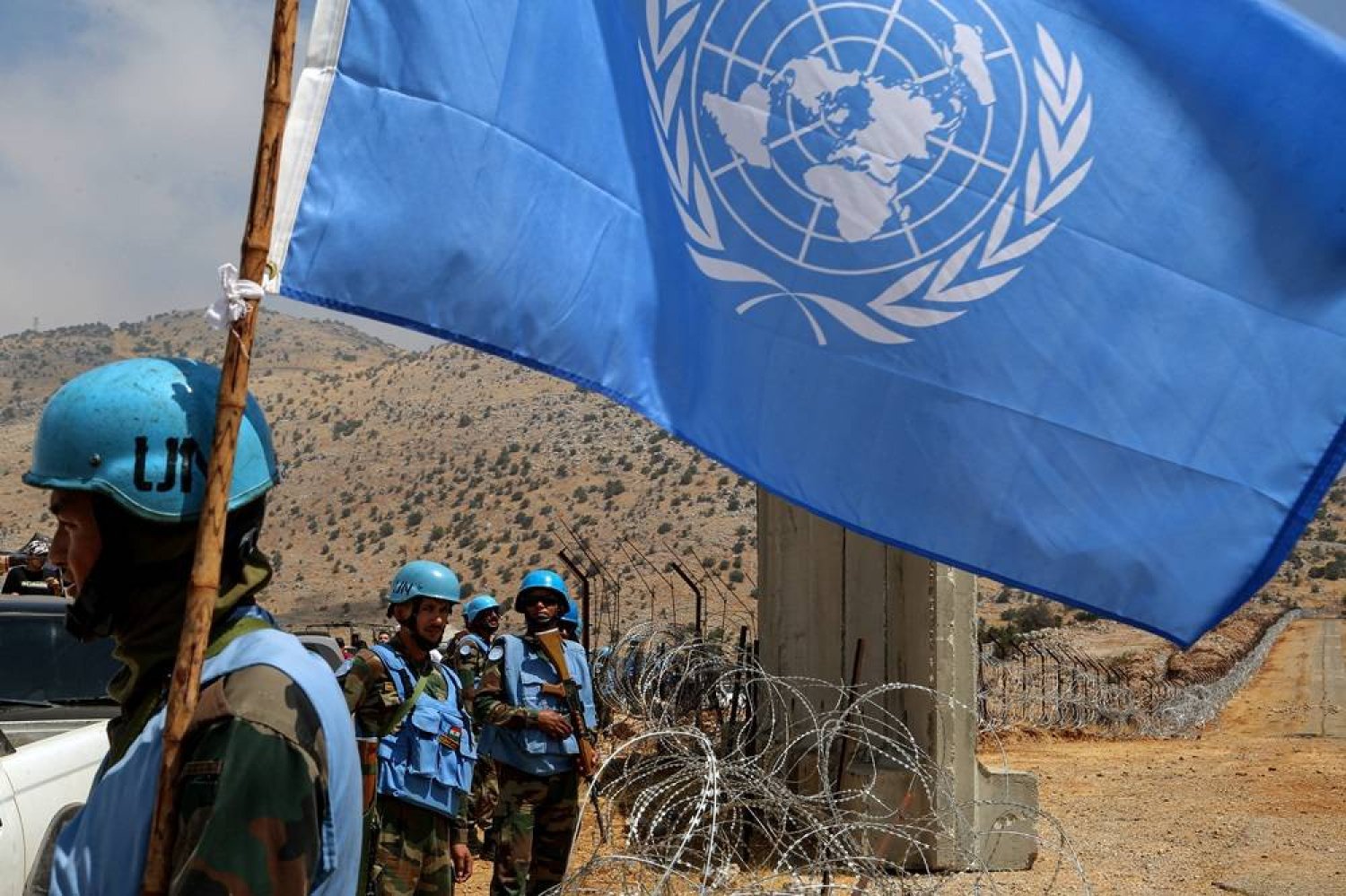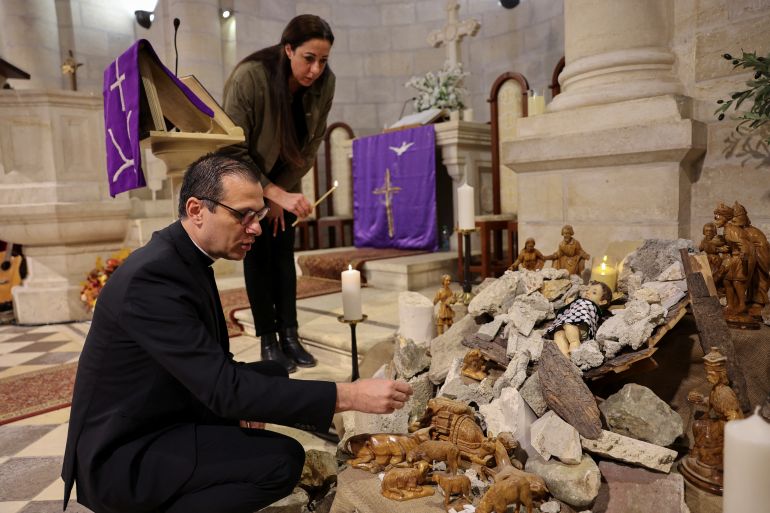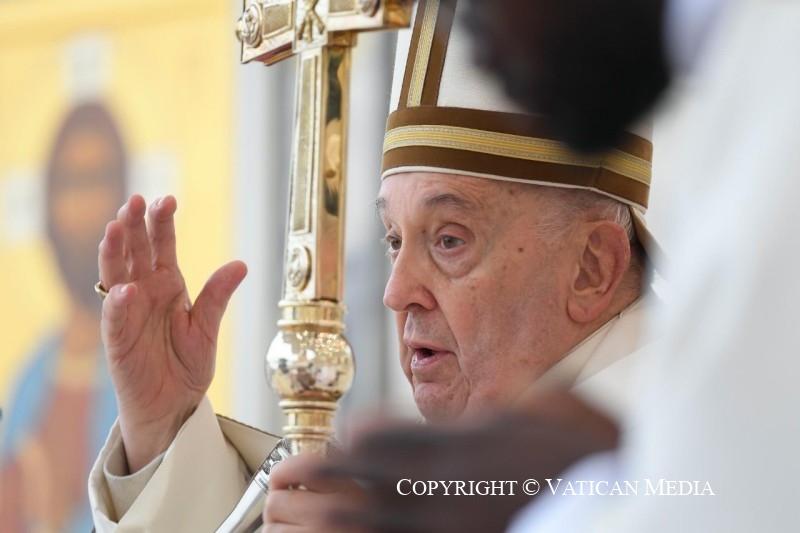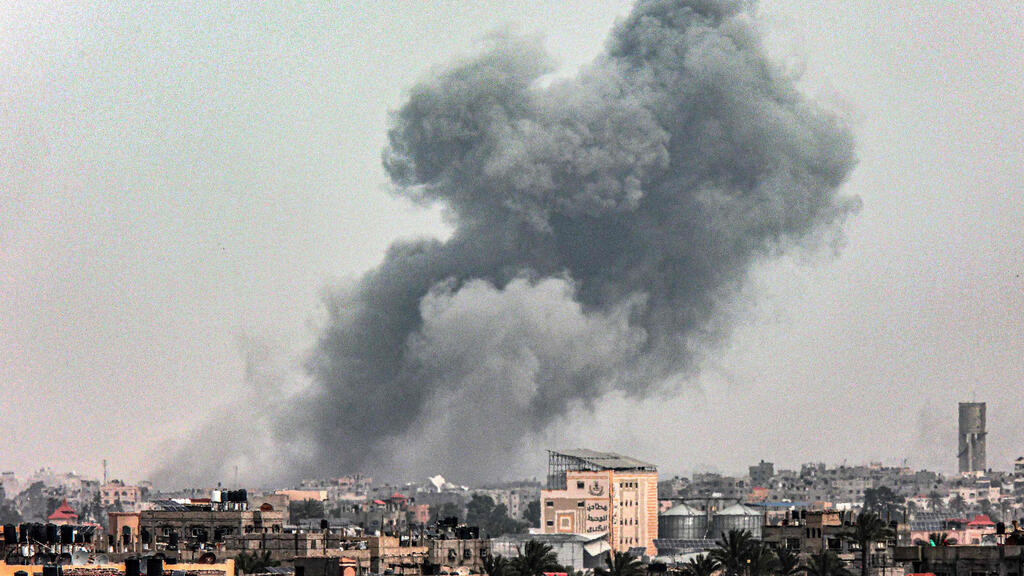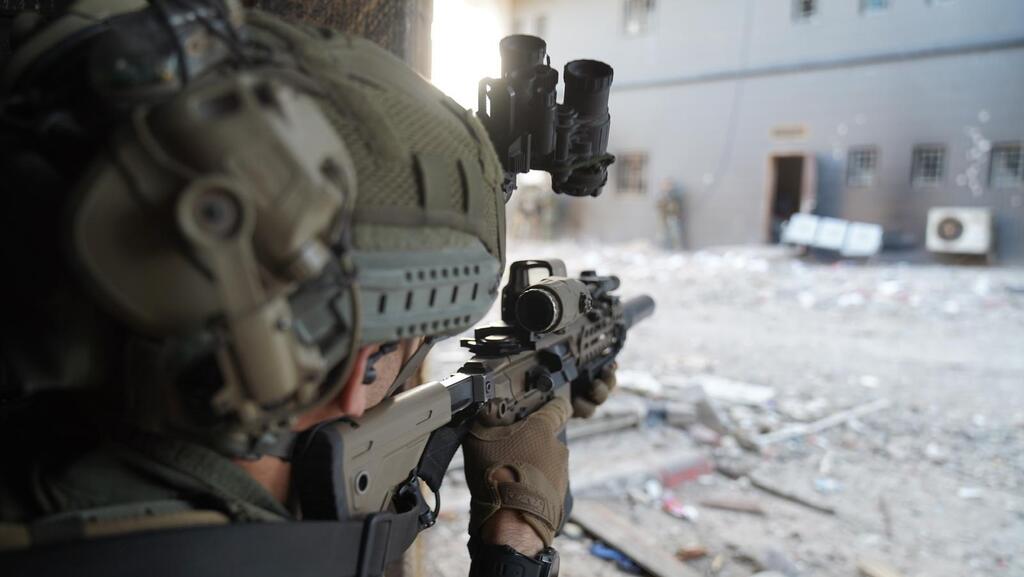Despite populism, Modi a hit among Indian elites: Report
As per Pew research, 66 per cent of Indians who had primary school education favour Narendra Modi, but it rose to 80 per cent among those with higher education
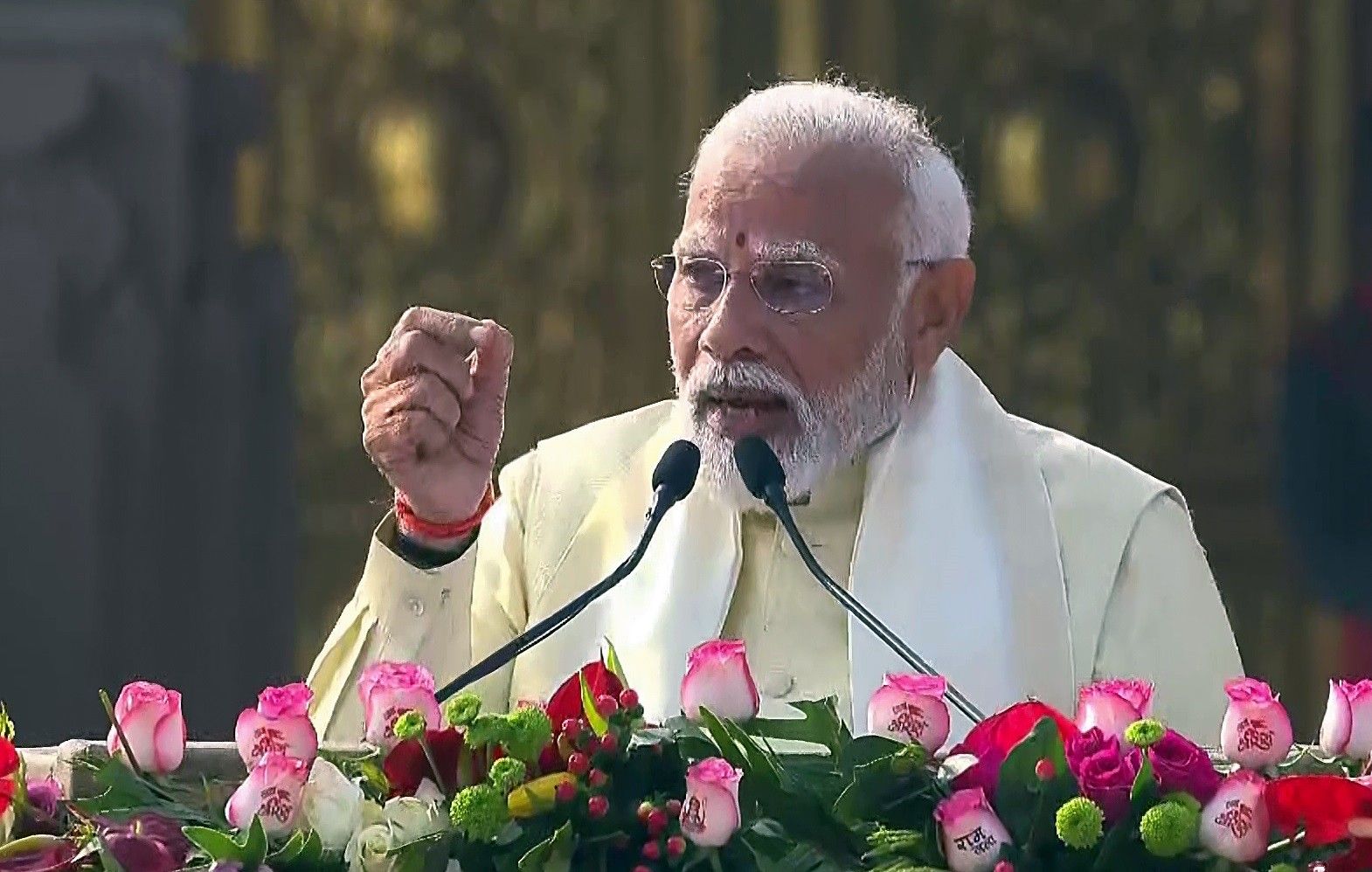
Elites may usually dislike populist leaders globally, but Prime Minister Narendra Modi is seeing increasing support among educated voters, The Economist has said.
In an article titled ‘Why India’s elites back Narendra Modi’, the publication said, “Three factors – class politics, economics, and elite admiration for strongman rule – help explain why.”
Calling it ‘the Modi paradox’, The Economist said India’s prime minister is often lumped together with right-wing populists such as Donald Trump, but Modi, who is expected to win a third term, is no ordinary strongman.
“In most places, support for anti-establishment populists, such as Trump, and policies such as Brexit tends to be inversely correlated with university education. Not in India. Call it the Modi paradox. It helps explain why he is the most popular leader of any major democracy today,” it noted.
Quoting a Gallup survey, it said that in America just 26 per cent of respondents with a university education approved of Trump, compared with 50 per cent of those without, but Modi bucks this trend altogether.
Citing a Pew Research survey, it said that in 2017, 66 per cent of Indians who had no more than a primary school education said they had a “very favourable” view of Modi, but the number rose to 80 per cent among Indians with at least some higher education.
After the 2019 general election, a Lokniti survey found that around 42 per cent of Indians with a degree supported Modi’s Bharatiya Janata Party, while around 35 per cent of those with only a primary-school education did.
At the same time, The Economist said, Modi’s success among the well-educated does not come at the expense of support among other groups.
Like other populist leaders, his biggest inroads have been made among lower-class voters, it quoted Neelanjan Sircar, a political scientist at the Centre for Policy Research, as saying.
Modi has marketed the BJP as a caste-agnostic “pan-Hindu” party, allowing him to retain support from high-caste groups while extending the party’s reach to others.
While the pattern of his support is comparable to other countries in which less-educated or rural people have shifted right, unlike many of his counterparts abroad, Modi has also been able to increase his support among the educated, it said.
Citing economics as a major factor, the article said that India’s strong GDP growth, albeit unequally distributed, is driving a rapid increase in the size and wealth of the Indian upper-middle class.
The Congress party enjoyed strong support among the upper-middle class during the fast-growing late 2000s and it took a slowdown and a series of corruption scandals in the 2010s to change things, it said.
“But Modi’s tenure has increased India’s economic and geopolitical standing in the world, too,” it added.
Also, some think a dose of strongman rule is exactly what India needs and they point to China and the East Asian tigers, the experiences of which they believe show that muscular governance can tear down barriers to economic growth, it said.
On what could shake Modi’s elite fan base, the publication said, “Continued weaponisation of the state, as in the case of (Delhi Chief Minister Arvind) Kejriwal, could come back to bite him; most elites still say they believe in democracy.”
It further said that elites feel that their support for Modi will continue until a credible alternative appears.
“Most elites have lost faith in Congress and its leader, Rahul Gandhi, who is seen as dynastic and out of touch,” it said.
It quoted an unnamed senior Congress official as saying that Modi “has taken our best ideas” such as distributing welfare payments digitally, and “executed them better” than his party could have done.
“A stronger opposition is probably the only thing that will cause India’s elites to abandon Modi. But for now, that is nowhere in sight,” it concluded.
India will vote to elect a new government in seven phases between April 19 and June 1, and the results will be announced on June 4. (PTI)
